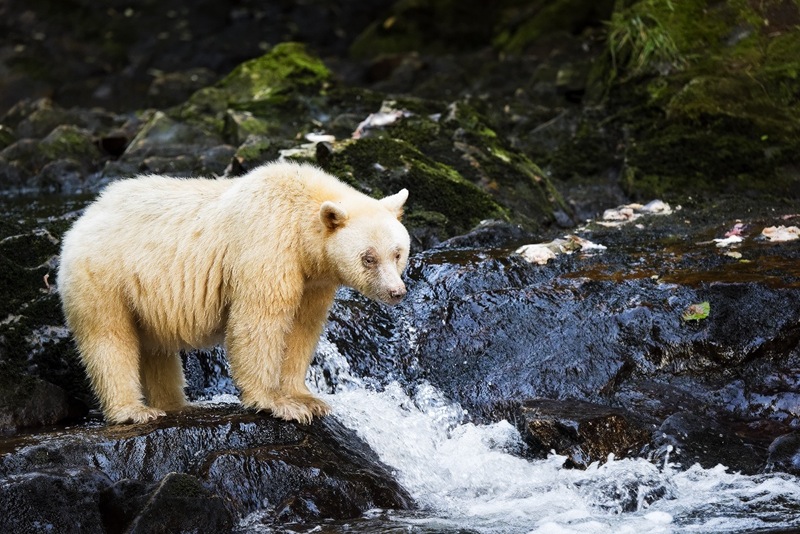
Logging company takes heat for cutting old growth trees in the Great Bear Rainforest
TimberWest has been fragmenting the extremely rare forest types in the southern Great Bear Rainforest which include stands of endangered old-growth Douglas-firs, and is being criticized by enviro-groups.
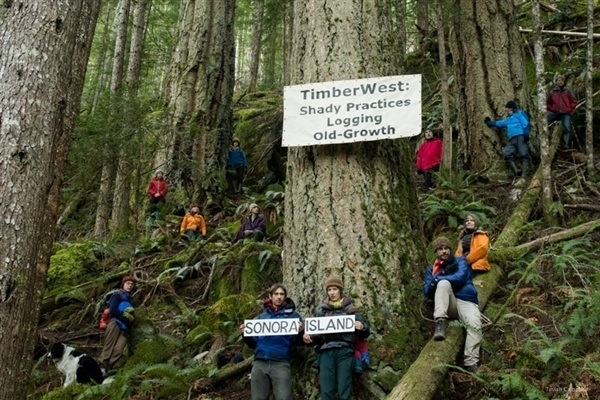
Return to Sonora: TimberWest in the Great Bear Rainforest
Here's a blog by Greenpeace campaigner Eduardo Sousa about TimberWest logging endangered forest types in the Great Bear Rainforest.
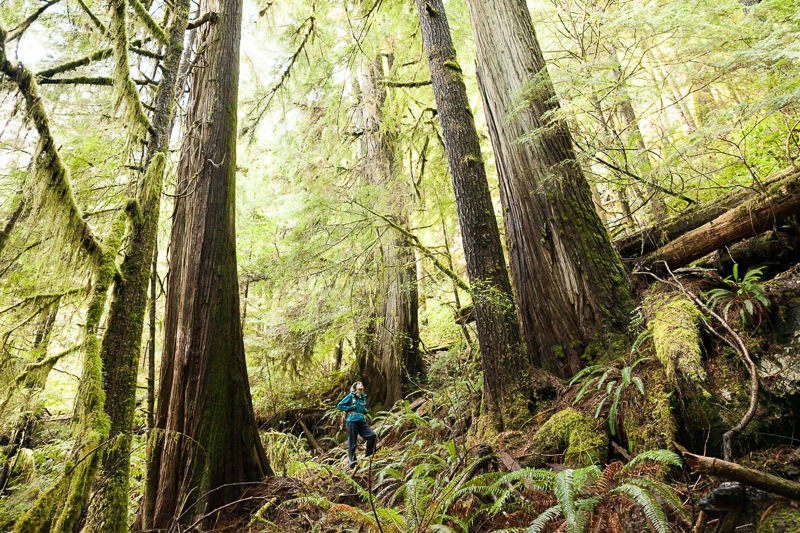
Old-growth logging in Walbran could trigger protests: group
The Teal Jones Group has drawn logging plans for potential logging in the heart of the unprotected Central Walbran Ancient Forest. While they have not applied for any cutting or road-building permits yet from the Forest Service, they have surveyed some potential cutblocks and roads as part of their proposal.
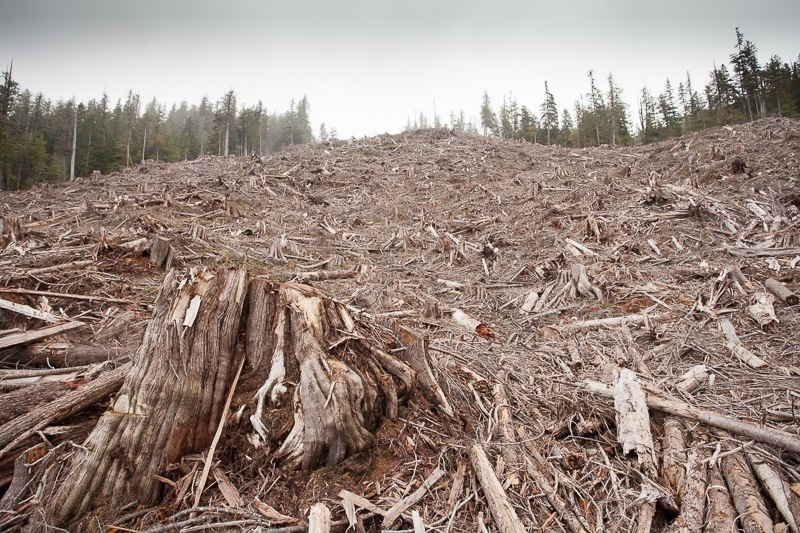
B.C. forest wake-up call: Heavy carbon losses hit 10 year mark
A new Sierra Club of BC report on logging and climate change in BC: "While B.C.’s forest carbon loss has been made worse by the Mountain Pine Beetle outbreak and a number of serious wildfire years, the biggest factor remains poor forest management. In particular, destructive logging practices like clear-cutting, especially of old-growth rainforest, and slash-burning are huge contributors to the carbon emissions from B.C. forests."
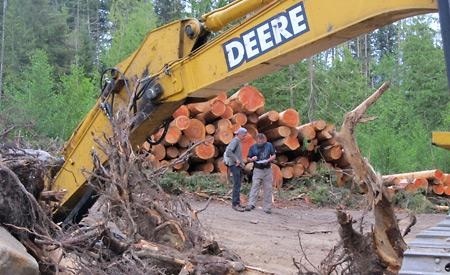
Protestors occupy cut block
Powell River residents continue their protest against Island Timberlands logging in their town.
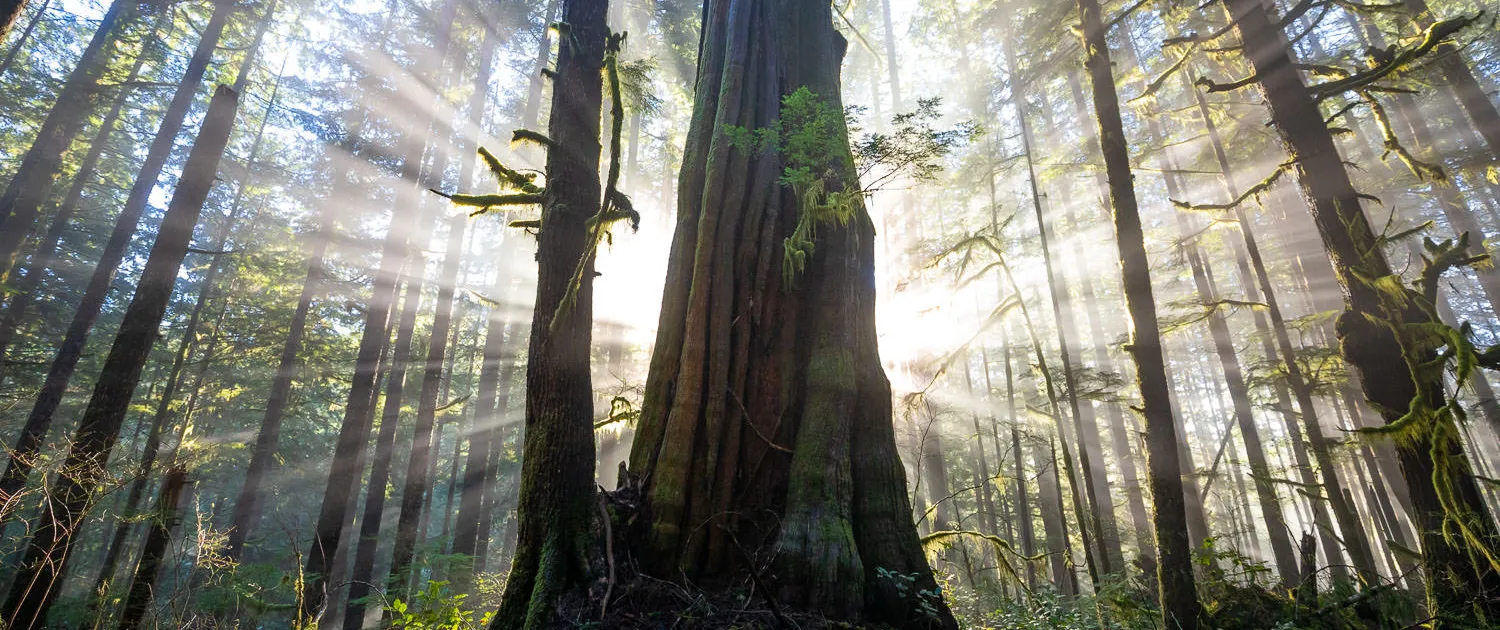
VIDEO: Powell River residents shocked as logging company moves to cut treasured trees
Here's a new video and blog about the ongoing battle with Island Timberlands over logging in the town of Powell River, by Vancouver filmmaker Daniel Pierce - take a look!
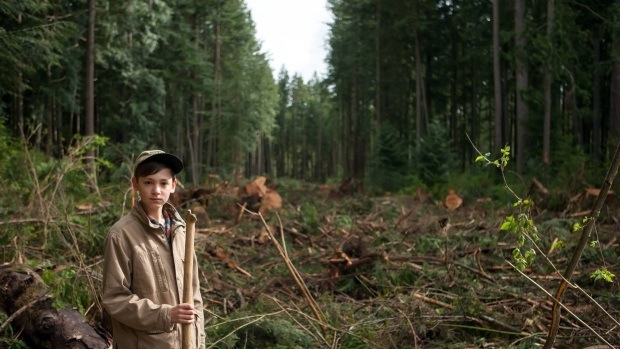
Former MLA Judi Tyabji leads fight to save Powell River’s urban forest
A war in the woods has erupted in Powell River, B.C., where a group of residents is fighting a plan to start logging Lot 450 — an urban forest within the city limits.

Logging news creates gathering
Over 100 people converged on Base Camp Monday, April 27, for a quickly organized meeting to discuss logging plans within the City of Powell River. With interest generated through Facebook and other social media outlets following a press release by Island Timberlands that was uploaded to the Peak’s website, elected officials, environmentalists and community residents gathered to hear clarification about imminent road-building and harvesting involving Lot 450.
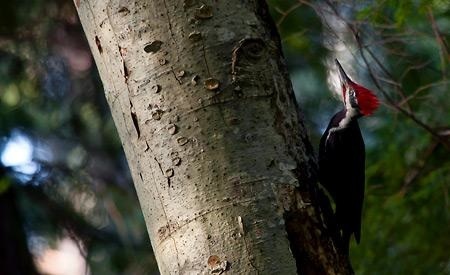
Environmentalists aim to block logging
An environmental group based in Powell River intends to halt logging after releasing its bird nest assessment on Lot 450.... “What it proves conclusively is that there are very high wildlife values there that are threatened by this logging activity and more caution is needed,” said Judy Tyabji Wilson, Pebble in the Pond president. Tyabji Wilson added that on the basis of the report Pebble in the Pond’s board of directors has decided to file an injunction against Island Timberlands. “We will be taking court action against them so that we can at least stop the logging until proper studies are done,” she said. “Time is of the essence.” Island Timberlands began harvesting trees on the company’s private managed forest land in Lot 450 on April 22.
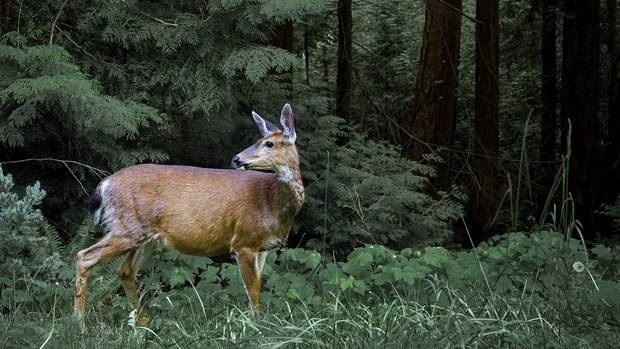
B.C. coastal community calls for end to logging in city
Powell River was founded by the timber industry, but the small Sunshine Coast community about 145 kilometres northwest of Vancouver is in an uproar now that loggers are cutting trees right in the heart of the city. Since loggers started clearing roads through the urban forest a few weeks ago, there have been packed public meetings and threats of an injunction by an environmental group. More than 1,000 people have signed an online petition calling for an end to the logging of what is known as Lot 450. Island Timberlands, which holds timber rights to several hundred hectares of forest land owned by the community, has announced plans to cut the area over the next several months.

